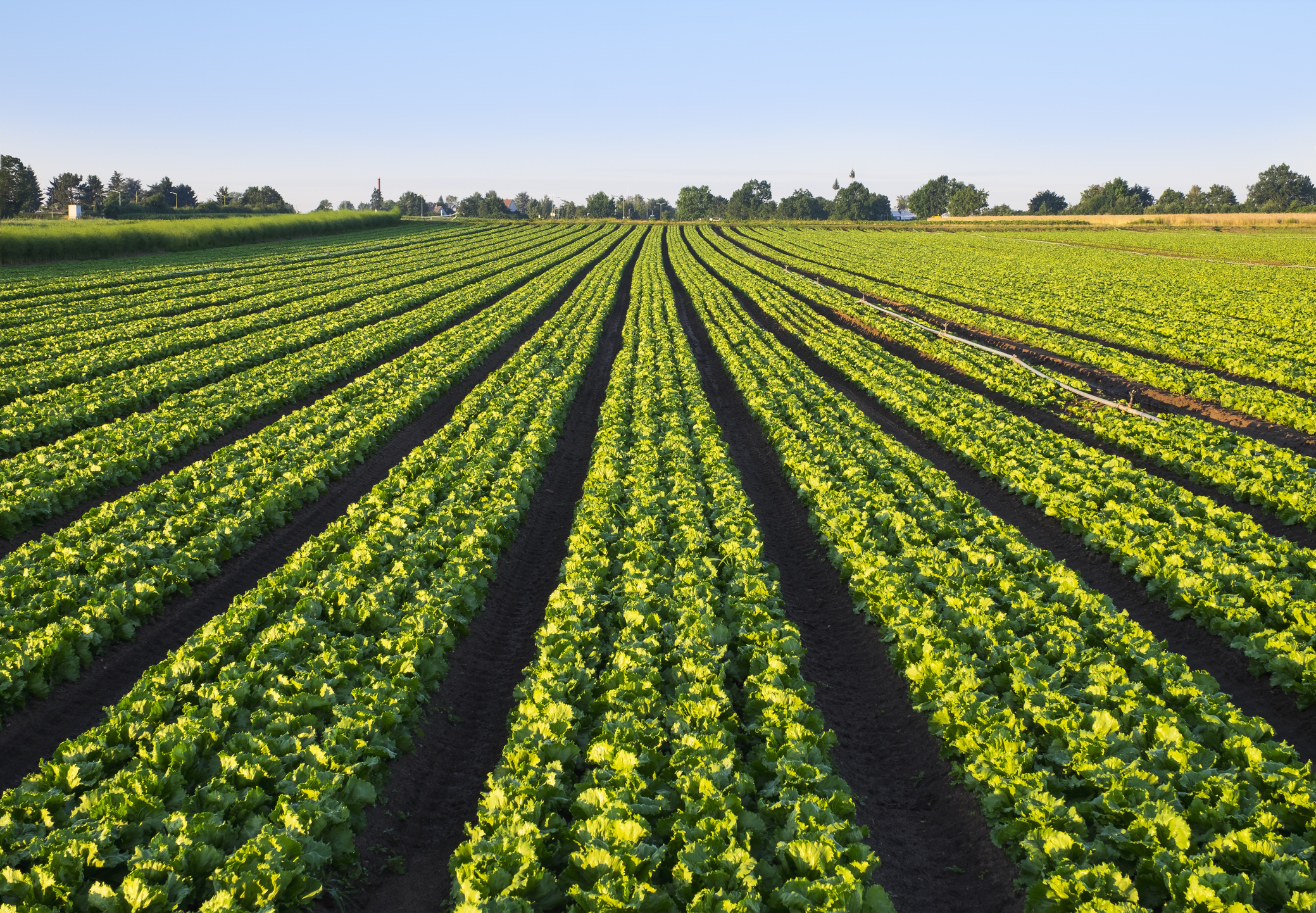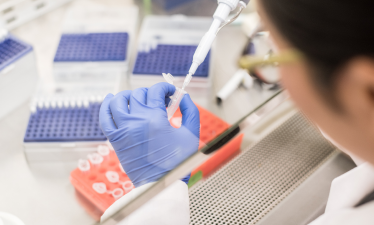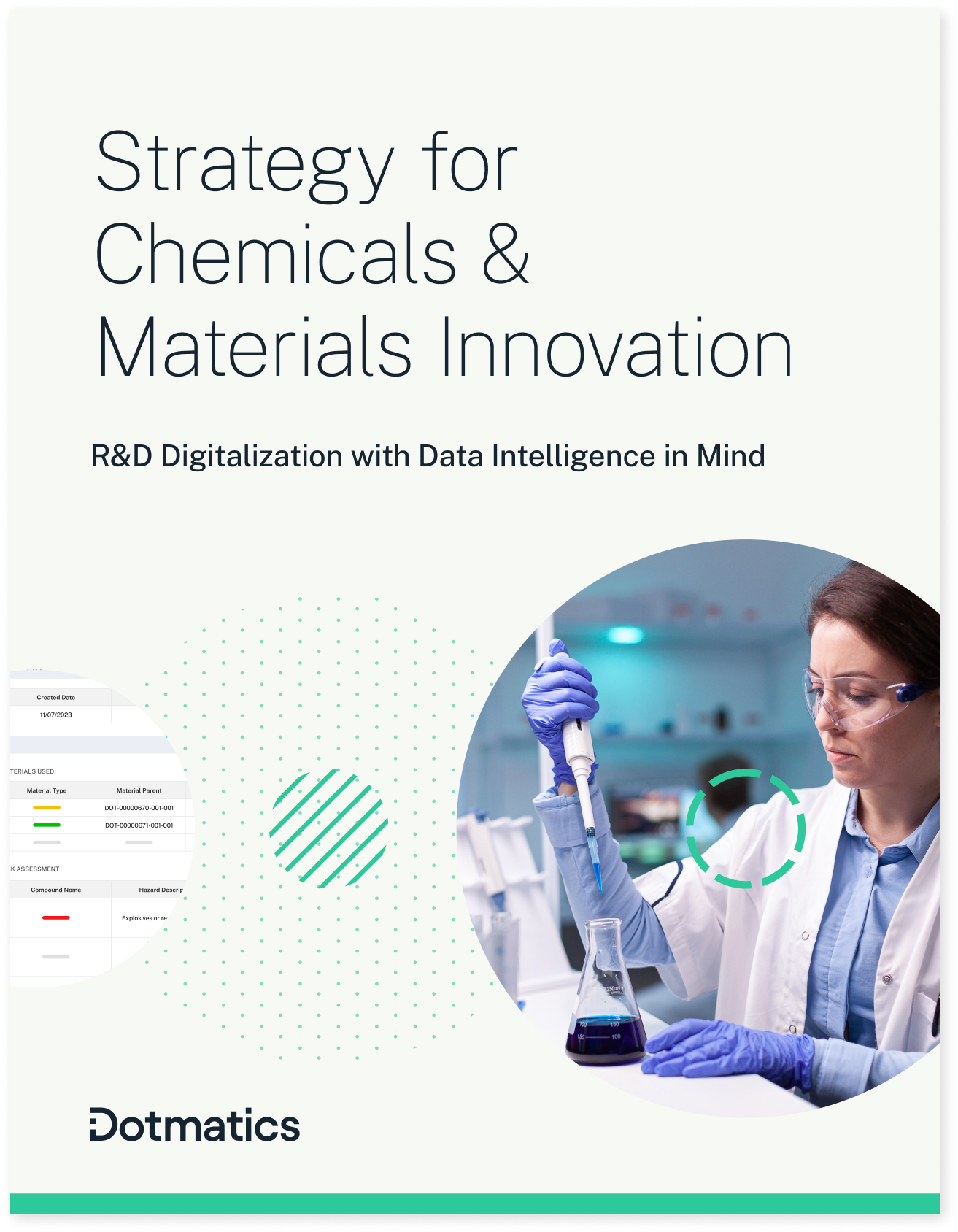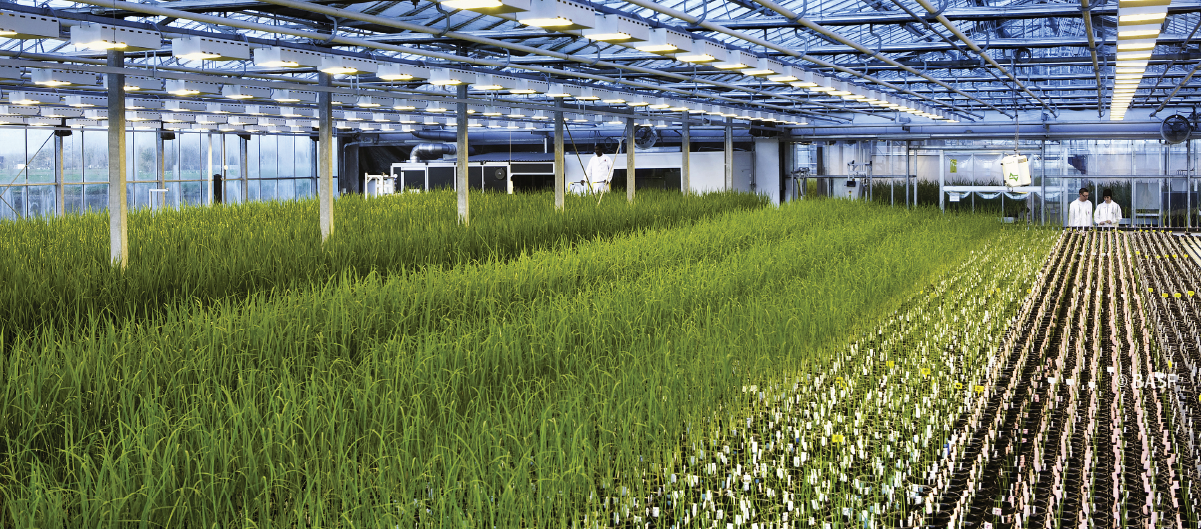Each year on April 22nd, Earth Day is a reminder to invest in our planet, and our future. But for Dotmatics and so many of our customers, that is a pledge we make every single day of the year.

From developing new patient therapies to using algaes for clothes and plastics, to growing drought-resistant crops or reversing climate change, our customers are helping to solve our planet's most critical challenges.
As we think about the theme of Earth Day 2023, #InvestInOurPlanet, we want to highlight a few of our customers' accomplishments in support of the environment. We’re proud to work alongside these and all of our customers in creating a healthier, cleaner, safer world.
Supporting genomic sequencing to help fight hunger in sub-Saharan Africa
The cassava plant feeds nearly a billion people worldwide, and in sub-Saharan Africa, 500 million people rely on it for their daily calories. This nutrient-rich crop is under attack by pesticide-resistant whiteflies, which transmit viruses that kill the plants. An entire growing season can give no crop, devastating smallholder farmers and leading to significant hunger and food insecurity.
The Cassava Virus Action Project (CVAP) is a network of researchers, farmers, and others working together to address these issues, by helping local farmers to conduct DNA sequencing on their cassava plants and the whiteflies colonizing the plants to understand how to fight the virus’ spread. Once the DNA sequence is obtained using portable genomic devices, the data must be analyzed to determine which virus is affecting the plant. Typically, this would require internet access to perform a search against various online databases, and would be impossible to complete on a farm in sub-Saharan Africa without reliable internet or power.
Dr. Laura Boykin called Geneious Prime by Dotmatics “a game changer” because it allows offline searching of local databases, creating usable and visual sequencing results with a user-friendly interface. This ensures that the process can be completed from start to finish, even in the field on a remote farm, and means getting results in real-time instead of 3-6 months later after the growing season has ended, and the virus has likely spread to other crops.
The approach and technology can be applied to support any virus or crop disease outbreak around the world.
Making materials from algae to bolster environmental science, sustainability research
Checkerspot’s mission is to expand the palette of molecular building blocks for high performance and sustainable materials, moving away from finite materials such as fossil fuels and instead making high performance materials from biomanufacturing microalgae oil. These materials are sustainable alternatives to traditional petroleum-based polyurethanes, which are created using non-sustainable fossil fuels that have detrimental environmental impact. By unlocking the genetic code of microalgae, Checkerspot is able to unlock a diverse set of building blocks that nature has to offer.
But to create high performance materials using nature’s building blocks requires that specs be dialed in at the molecular level. Dotmatics supports Checkerspot’s ground-breaking research by giving its researchers the tools they need to accelerate R&D.
Jesus Barajas, Ph.D, scientist II at Checkerspot, said, “Geneious by Dotmatics is a lens for Checkerspot to look at the genetic blueprint for how fatty acids and lipids are made, and with that data further engineer proteins to put back in algaes to make new materials that can go into consumer goods such as clothing, plastics, or paint.”
The team uses Geneious to map and annotate transcriptomes from oil seed-producing microalgae plant species, promoting the discovery of novel enzymatic activities. Microalgae are then engineered to biomanufacture unique custom oils and production is then scaled commercially.
Advancing sustainable agriculture with BASF
From precision farming to support rice crop output in Japan, to using block-chain technology to create a sustainable cotton supply chain in Greece, BASF creates chemistry for a sustainable future by combining economic success with environmental protection and social responsibility.
“Innovation in agriculture is essential to enable sustainable food production,” said Dr. Livio Tedeschi, President of BASF Agricultural Solutions. “We need to find the right balance for better yield – yield produced in ways that meet the demands of future generations, has minimal impact on the environment and helps farmers make a living.”
For the past 100 years BASF has helped farmers adopt the newest science and technologies to achieve better yield. However, its existing infrastructure was struggling to fully support the complicated R&D workflows and the vast volumes of complex data emerging from those workflows. The company chose to adopt a combination of Dotmatics solutions, including its electronic laboratory notebook, scientific data management platform and data discovery tools.
Now, as a result of the implementation, BASF’s lab and bench scientists can not only quickly capture their experimental workflows and results, they can also easily find, share, and use R&D data to further innovate. Its project leaders and data scientists can gain insights not previously possible, and IT team members can more easily keep pace with ever-changing user needs. That means the company can focus on creating a positive impact on the agricultural-food system and help shape a more sustainable future for farming.
Companies that own the cleanest, best annotated data to power their AI analytics and decision-making will be the best positioned to invest in positive change for our planet. Dotmatics is proud to serve all of our customers, but particularly on Earth Day, in our shared mission to create a healthier, cleaner, safer world.




